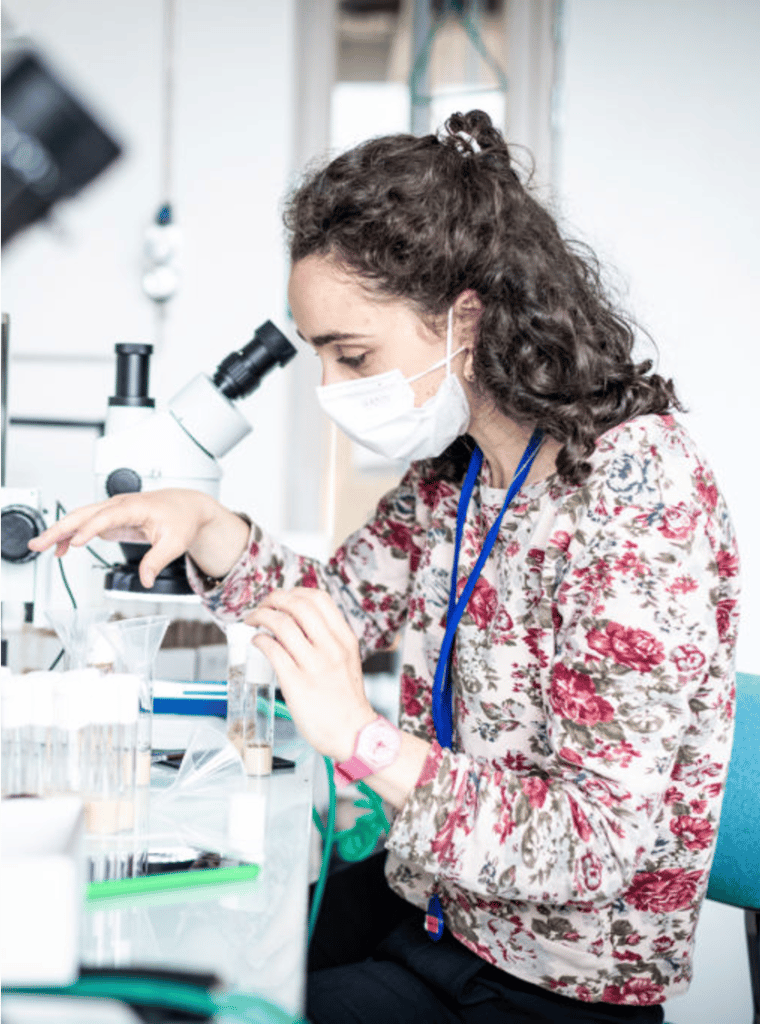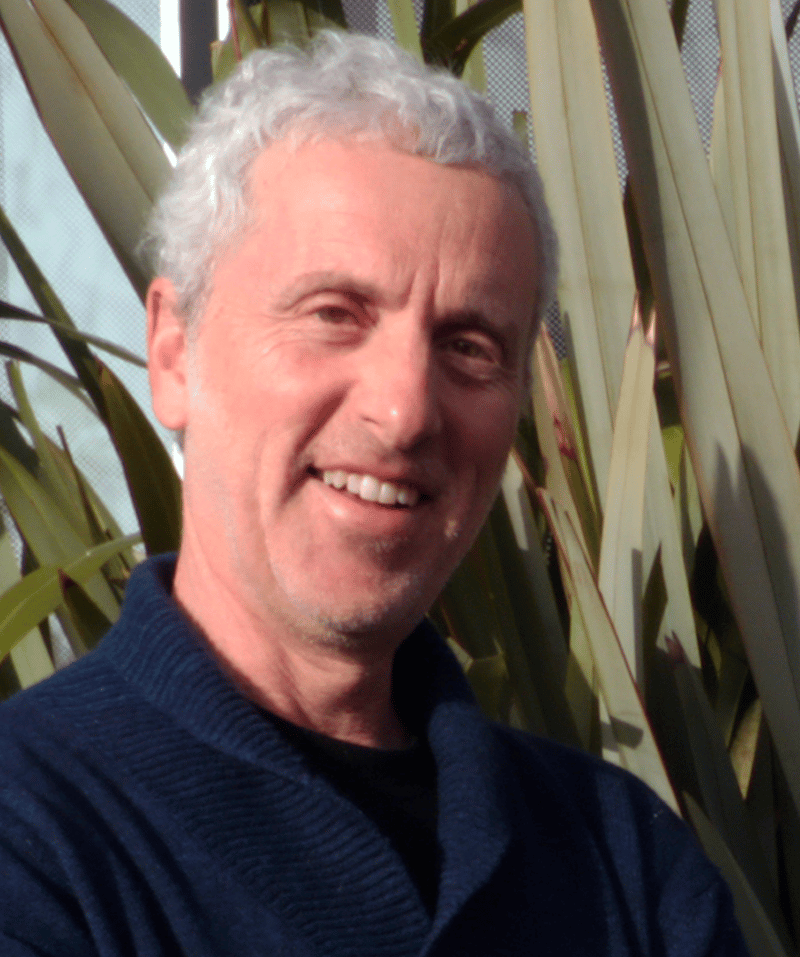ELiS (Engaged Life Science) coordinates all the life science initiatives.
ELiS uses research, engineering and collective intelligence to better understand living matter and to face the global sustainable development challenges.
ELiS combines expertise in computational biology to understand the evolution of the genome with systems and synthetic biology to find new medicine and promote frugal technologies, developed in open mode, so that any researcher, anywhere, can contribute to them.

On-going activities/projects :
The work carried out is hosted by the Joint Research Unit (Unité Mixte de Recherche, UMR)—a research unit of Inserm and Université Paris Cité —which will remain at the Learning Planet Institute until the end of 2024.

8 bis Rue Charles V
75004 Paris
France
The Learning Planet Institute explores, experiments and shares new ways of learning and cooperating that respond to the needs of the youth and the planet.
With its activities, the Institute creates research and educational programmes based on interdisciplinarity, diversity and initiative.
The Institute is working towards creating an inclusive community space that promotes, values, and welcomes members from every background.
Please note that terms such as “researcher,” “student,” “teacher,” and so on refer equally to men, women, and non-binary persons.